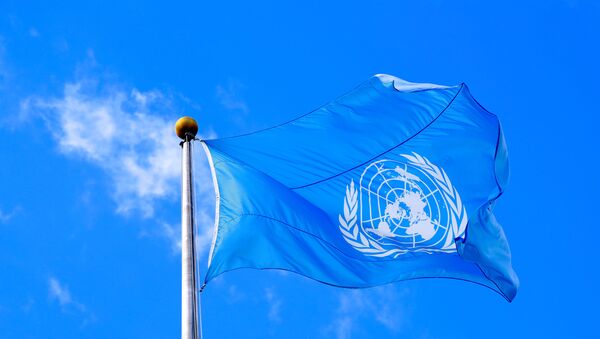India was elected to a non-permanent seat on the powerful UN Security Council for a 2-year term beginning 1 January 2021. India was the lone candidate from the Asia-Pacific bloc and received the support of China and Pakistan, notwithstanding tensions with them. The 55-member Asia-Pacific grouping had unanimously endorsed New Delhi’s candidature in June of last year. India received an overwhelming 184 voted out of 192.
Turkish diplomat and politician Volkan Bozkir was elected president. Along with India, Ireland, Mexico, and Norway also won the Security Council elections held on Wednesday.
Indian Prime Minister Narendra Modi thanked the global community for India’s membership.
"Deeply grateful for the overwhelming support shown by the global community for India's membership of the @UN Security Council. India will work with all member countries to promote global peace, security, resilience and equity", Modi said in a tweet.
Deeply grateful for the overwhelming support shown by the global community for India's membership of the @UN Security Council. India will work with all member countries to promote global peace, security, resilience and equity.
— Narendra Modi (@narendramodi) June 18, 2020
Of the 10 non-permanent members of the UN Security Council, elections are held every year for five members for a two-year term. Non-permanent membership is distributed on regional basis – five for African and Asian states, one for Eastern European states, two for Latin American and Caribbean states, and two for Western European and other states.
To get elected to the council, the candidate states need a two-thirds majority of member states present and voting in the General Assembly.




